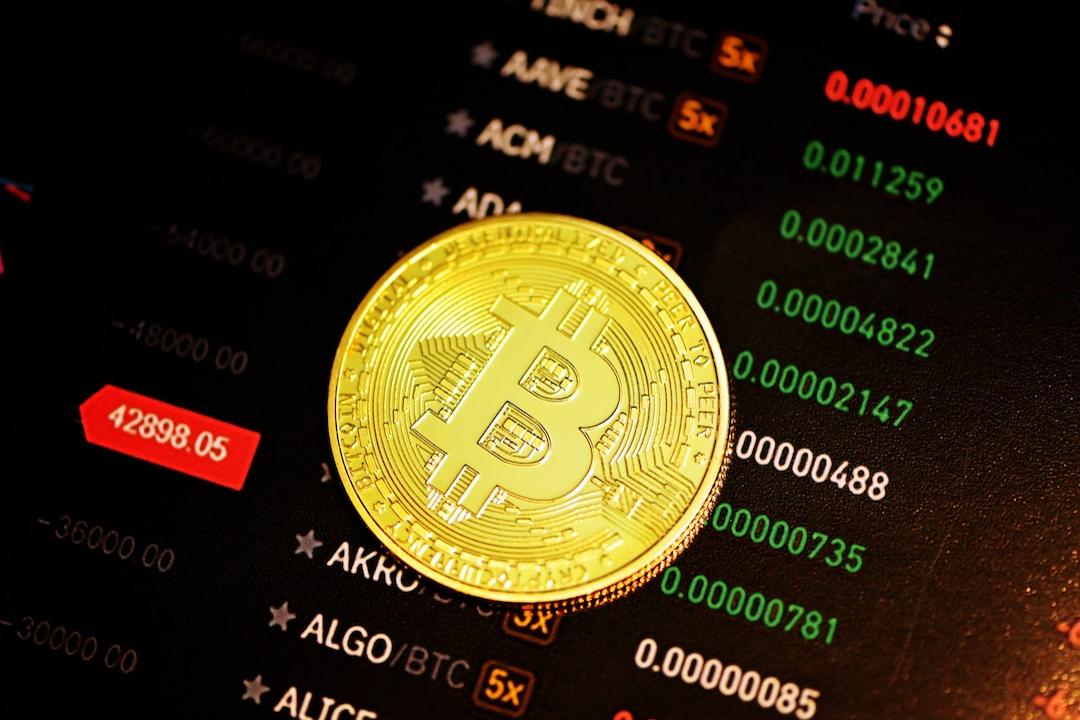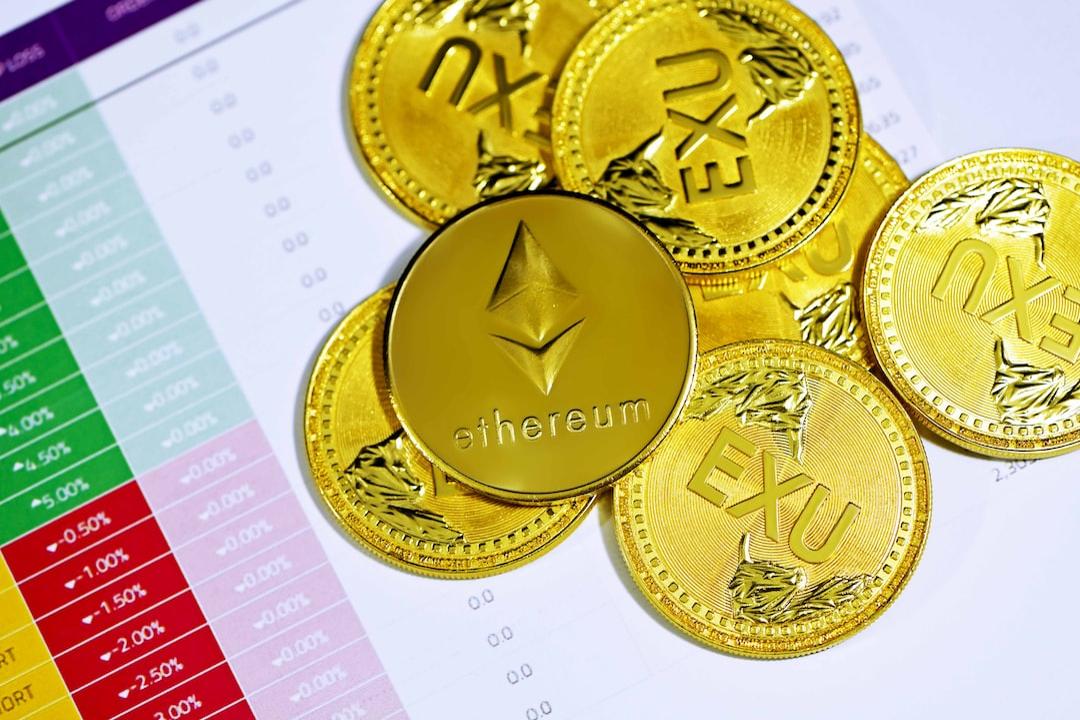Banning Chinese Chips Equates to Surrendering a $50 Billion Market! Jensen Huang Criticizes the Mistake, White House AI Advisor Krishnan: Policy Remains Unchanged
Jensen Huang Criticizes U.S. Export Ban on AI Chips to China
On May 21, Jensen Huang, CEO of NVIDIA, strongly criticized the U.S. government’s export ban on AI chips to China during a press conference at Computex, the Taipei International Computer Show. He stated that this policy is fundamentally a failure, predicting that the market size for AI chips in China will reach 50 billion USD by 2026. NVIDIA’s market share in China has plummeted from 95% four years ago to the current 50%. He further pointed out that if the U.S. government continues to hinder China’s AI development, it will only make China more resilient. Following this news, Sriram Krishnan, AI technology policy advisor at the White House, responded in an interview with Bloomberg, saying, “We still respect Jensen Huang’s views, but we will not ease restrictions on China.”
Direct Criticism of the Export Ban on Chips to China
According to reports, Huang openly stated during the Computex press conference that the U.S. chip restrictions on China would have counterproductive effects, allowing Chinese companies like Huawei to rise in prominence. He emphasized that by 2026:




“The market size for Chinese chips is expected to reach 50 billion USD. If NVIDIA continues to be restricted from shipping, Chinese companies will turn to other suppliers for their chips.”
NVIDIA Forced to Write Down 5.5 Billion USD Due to U.S. Ban on H20 Chips
Huang also revealed that NVIDIA designed a downgraded version of the H20 chip for export to China in compliance with previous export regulations. However, this batch of chips could not be exported following the new round of bans from the U.S.
He stated, “We can only write down 5.5 billion USD; these chips can only be scrapped.”
Meeting with Masayoshi Son to Discuss 500 Billion USD Stargate Project
Huang mentioned that he met with Masayoshi Son, CEO of SoftBank, in Taipei to discuss the Stargate AI data center construction project, which is expected to reach a scale of 500 billion USD and will utilize a significant amount of NVIDIA chips, although funding is currently stalled.
White House Responds to Huang’s Comments
In response to Huang’s statements, Sriram Krishnan from the White House remarked, “We respect Jensen Huang’s views, but we will not ease restrictions on China. Both Democrats and Republicans agree that allowing advanced chips to flow into China poses a threat to U.S. national security.”
Potential Relaxation of Restrictions for Other Allies
While Krishnan indicated that restrictions would continue for China, he also mentioned that gradual relaxation of export limitations would occur for friendly nations like the UAE. However, he emphasized that the U.S. will continue to lead the global AI technology framework and will not allow technology to leak, reaching a consensus with Huang.
Balancing Blockade Policies and Market Share
In summary, Huang’s criticisms highlight the costs and risks associated with the U.S. chip blockade policy. However, the Trump administration appears unaffected, maintaining its export restrictions on chips to China. The two sides still have fundamental differences in strategic direction, with one advocating for openness to maintain market share and the other insisting on a blockade to safeguard national security.
The key challenge for U.S. companies and policymakers will be to find a delicate balance between “technological leadership” and “national security,” which will determine whether the global technology order can remain stable.
(NVIDIA’s H20 chips face U.S. export restrictions to China! Estimated loss of 5.5 billion USD, with a 6.3% drop in after-hours trading.)
Risk Warning
Cryptocurrency investments carry a high level of risk, with prices potentially experiencing significant volatility, and you may lose your entire principal. Please assess risks carefully.
